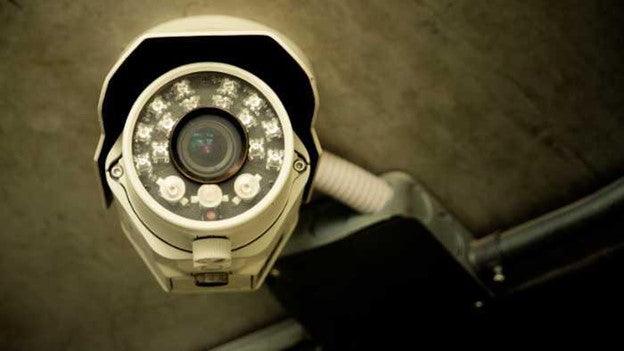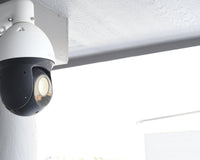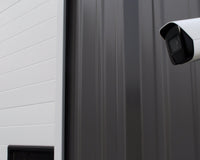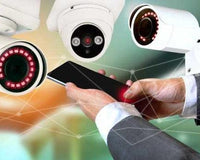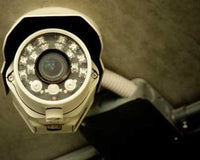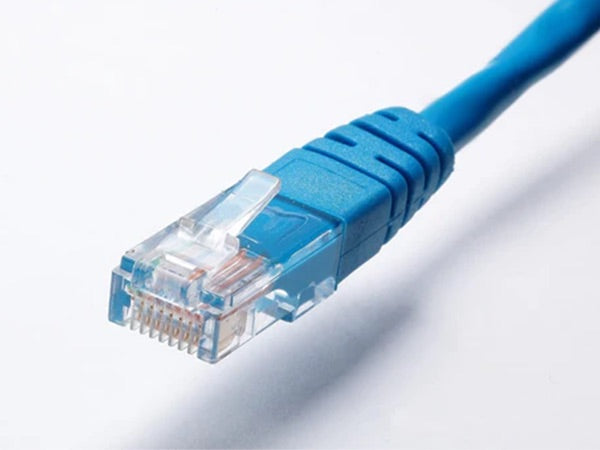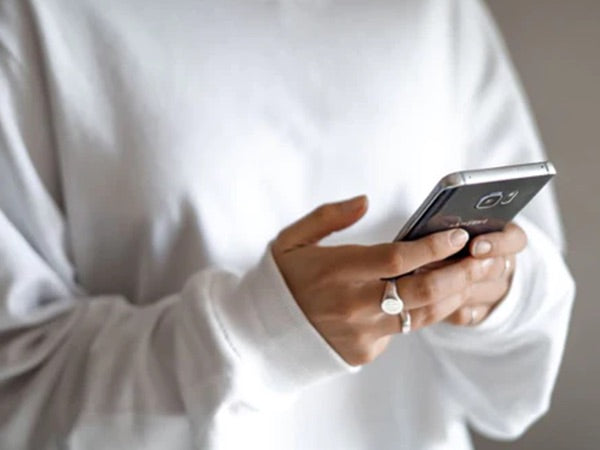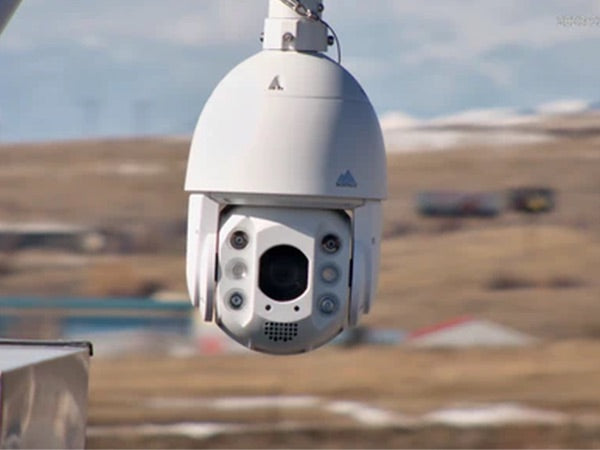Imagine that you are a homeowner who is out of town on vacation. While you are away, you decide to check in on your home security camera footage to see if everything is okay.
But when you try to log in, you find that someone has hacked into your home security system and is now streaming live footage of your home!
This may sound like a scene from a movie, but it is actually a reality that many homeowners face.
So, can you hack into home security cameras?
While home security cameras are a great way to keep an eye on your property, they are also vulnerable to hacking.
In this article, we will explore the ways in which home security cameras can be hacked and what you can do to prevent it from happening to you.
Methods for Hacking Home Security Cameras
There are a few different ways that hackers can gain access to home security cameras. One of the most common methods is by taking advantage of weak passwords.
Many homeowners choose passwords that are easy to remember, but these passwords are often easy for hackers to guess as well.
Hackers can also use special software to brute force their way into home security cameras. This software tries out different password combinations until it finds the right one.
Another way that hackers can gain access to a home security system is by exploiting vulnerabilities in the camera’s software.
Some home security cameras use outdated software that has known security vulnerabilities. Hackers can take advantage of these vulnerabilities to gain access to the camera’s feed.
Reasons to Hack into Home Security Cameras
So why would someone want to hack into a home security camera? There are a few different reasons. Some people do it for fun, while others do it to spy on people.
Some hackers may also try to sell the footage that they capture from a wireless security camera. This footage can be very valuable to companies that want to create targeted advertising.
How to Prevent Home Security Camera Hacking
Now that you know how a security camera system can be hacked, you may be wondering how you can prevent it from happening to you.
There are a few different things that you can do to protect your home security camera from being hacked.
One of the best things that you can do is to choose secure passwords for your home security camera to prevent a data breach.
Avoid using easily guessed words like “password” or “1234.” Instead, choose a password that is at least eight characters long and includes a mix of uppercase and lowercase letters, numbers, and special characters.
You should also change your home security camera’s password on a regular basis.
Another thing that you can do to protect your wireless security cameras from being hacked is to keep their software up to date.
Manufacturers often release updates for home security camera software that include security fixes for known vulnerabilities.
By keeping your home security camera’s software up to date, you can help to protect it from being hacked.
You should also avoid connecting your home security cameras to your home network. If your home security camera is connected to your home network, a hacker may be able to gain access to other devices on your network as well.
Instead, connect your home security camera to a separate Wi-Fi network that is not connected to the internet.
This will help to protect your home security camera from being hacked through a stronger wireless security system.
Following these tips can help to protect your home security camera from being hacked.
By taking these precautions, you can help to ensure that your home security camera will continue to keep an eye on your property.
What to do if your Home Security Camera is Hacked
If you find that your home security camera has been hacked, there are a few things that you can do. The first thing you should do is change the password to your camera. This will help to prevent the hacker from gaining access again.
You should also check to see if the hacker has left any malicious software on your camera. This software could be used to spy on you or even damage your camera.
If you find any malicious software, you should delete it immediately. This will prevent a data breach if someone decides to hack home security cameras on your property.
Finally, you should contact the manufacturer of your home security camera. They may be able to help you to fix the security vulnerabilities that allowed the hacker to gain access in the first place.
Keeping your home security camera safe from hackers is important. By following the tips in this article, you can help to keep your camera safe and secure.
Frequently Asked Questions
Are Home Security Systems Easy to Hack?
This depends on the security system being used as some are easier to hack than others. There are a few different ways that home security systems can be hacked.
One way is by using known security vulnerabilities in the system’s software. Another way is by physically tampering with the system itself.
Can my Smartphone be Hacked through my Home Security Camera?
If your home security camera is connected to your home network, a hacker may be able to gain access to other devices on your network as well.
This includes your smartphone. To protect your smartphone from being hacked, you should connect your home security camera to a separate Wi-Fi network that is not connected to the internet.
Can a WiFi Camera be Jammed?
Yes, a WiFi camera can be jammed. This will prevent the camera from being able to connect to the internet and may cause it to stop working.
To Conclude
Home security cameras can be hacked in a variety of ways, but by following some simple precautions, you can help to protect your camera from being compromised.
Home security cameras are a great way to keep an eye on your property, but it is important to remember that they can also be used to spy on you.
If you think that your home security camera has been hacked, there are a few things that you can do to fix the problem as demonstrated in this article.
Let us know if these tips helped you or if you have additional tips to help people stay safe when they are.

